Gratitude gets tossed around a lot—usually in a vague, wellnessy kind of way.

It’s easy to roll your eyes at, but it actually has one really underrated effect: it makes people feel less alone. You don’t have to fake happiness or pretend like everything’s fine when it’s not. However, noticing and appreciating the good things in your life, and in the world at large, makes a huge difference that sticks. Here’s why it’s so effective and worth giving a shot.
1. It flips your focus from what’s missing to what’s here.

When you’re stuck in a lonely headspace, your brain tends to fixate on what you don’t have—who isn’t texting back, what plans didn’t happen, who doesn’t understand you. Gratitude breaks that pattern by asking: what is here, even if it’s small?
You start noticing things that are easy to ignore when you’re in that mental fog—a message from someone you forgot to reply to, your favourite mug, the song that always calms you down. That change reminds you that you’re not as disconnected as your thoughts might suggest.
2. It makes small connections feel bigger.

Gratitude puts weight on the little things—someone holding a door, a neighbour saying hi, a decent cup of coffee when your morning’s been crap. It takes moments that usually blur into the background and gives them meaning.
That awareness builds a sense of connection that doesn’t rely on deep conversations or big social events. Suddenly, you feel less like you’re floating around on your own and more like you’re still part of something, even if it’s just a shared smile with a stranger.
3. It slows your brain down enough to notice.
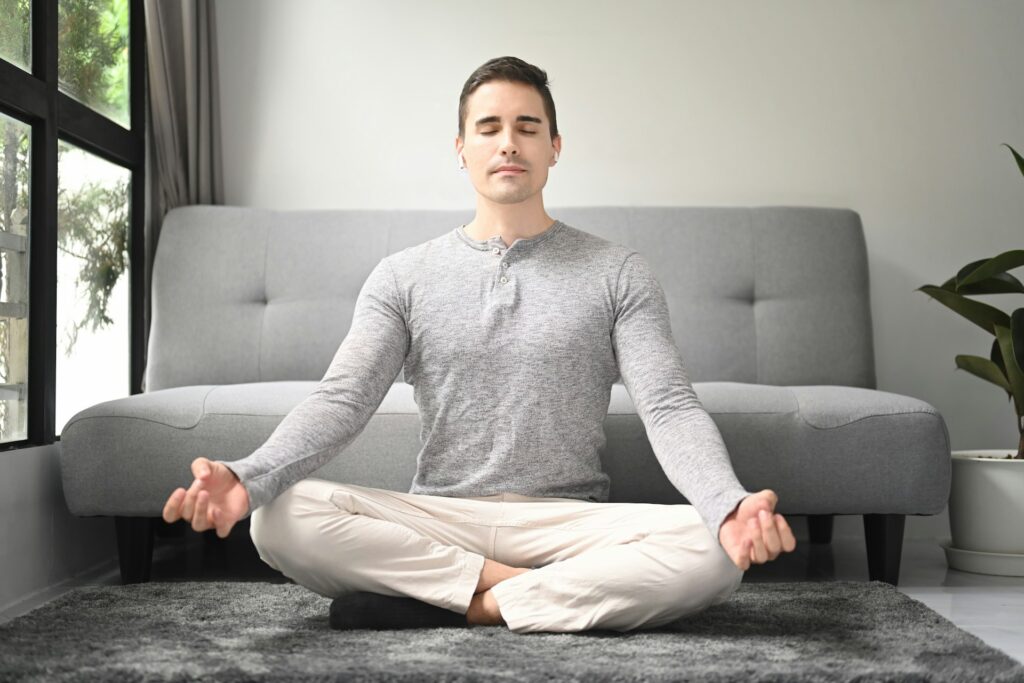
When you’re feeling lonely, your thoughts can start sprinting—overthinking, self-judgement, future spiralling. Gratitude has this way of forcing a pause. It tells your brain to stop scanning for what’s wrong and actually look around. That slow-down gives you space to breathe, reset, and realise that not every day is a write-off. It’s not that life suddenly gets amazing. You just start catching the parts that already were, and that makes things feel a bit less isolating.
4. It builds self-worth in the background.
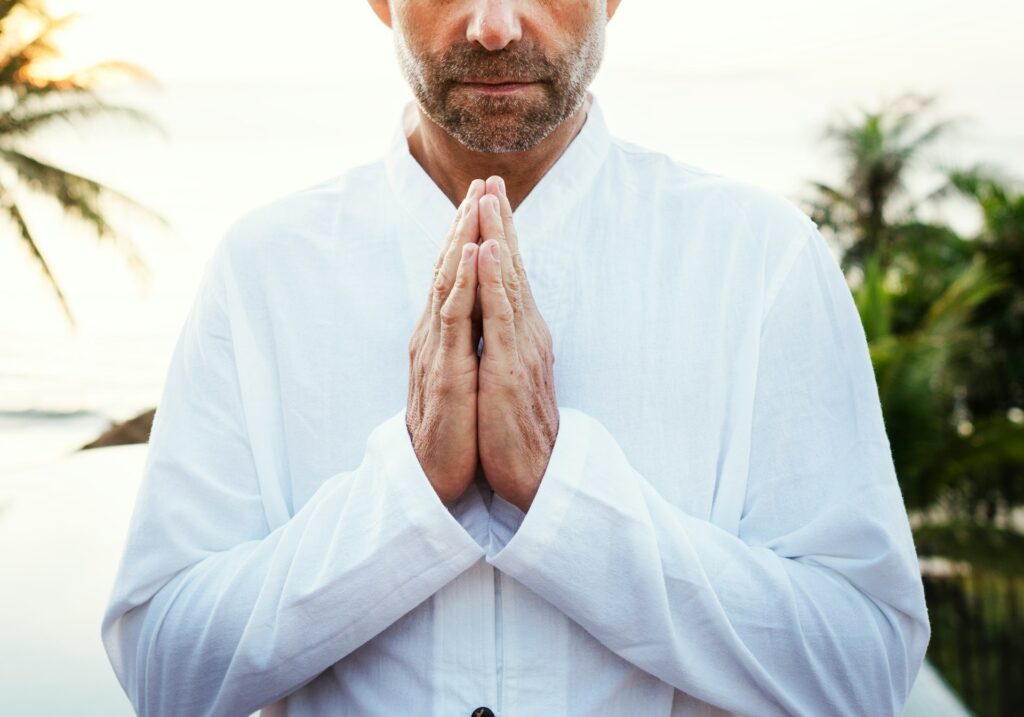
Gratitude isn’t just about being thankful for other people. When you include yourself in the picture—your growth, your effort, the way you got through stuff—it starts quietly building self-trust and confidence. That’s a game-changer when you’re feeling alone because it means your sense of connection doesn’t rely 100% on who’s around. You’re also connecting with yourself, and reminding yourself that you’re not invisible or failing, even when it feels that way.
5. It softens that all-or-nothing mindset.
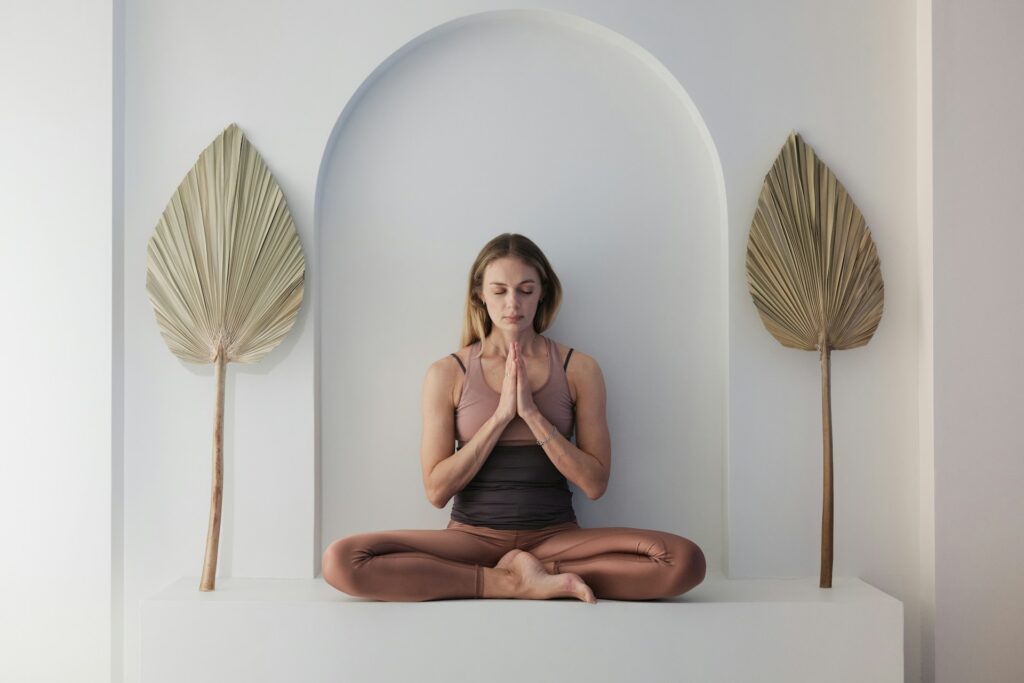
Loneliness can make everything feel extreme. Either you have loads of friends or you have no one. Either you’re thriving socially or completely forgotten. Gratitude introduces the in-between, and that’s usually where the truth is. Instead of needing everything to be perfect to feel okay, you start appreciating what’s already working. A message from one friend might not fix everything, but it’s something. And “something” feels a lot less empty than “nothing.”
6. It helps you reconnect with the bigger picture.
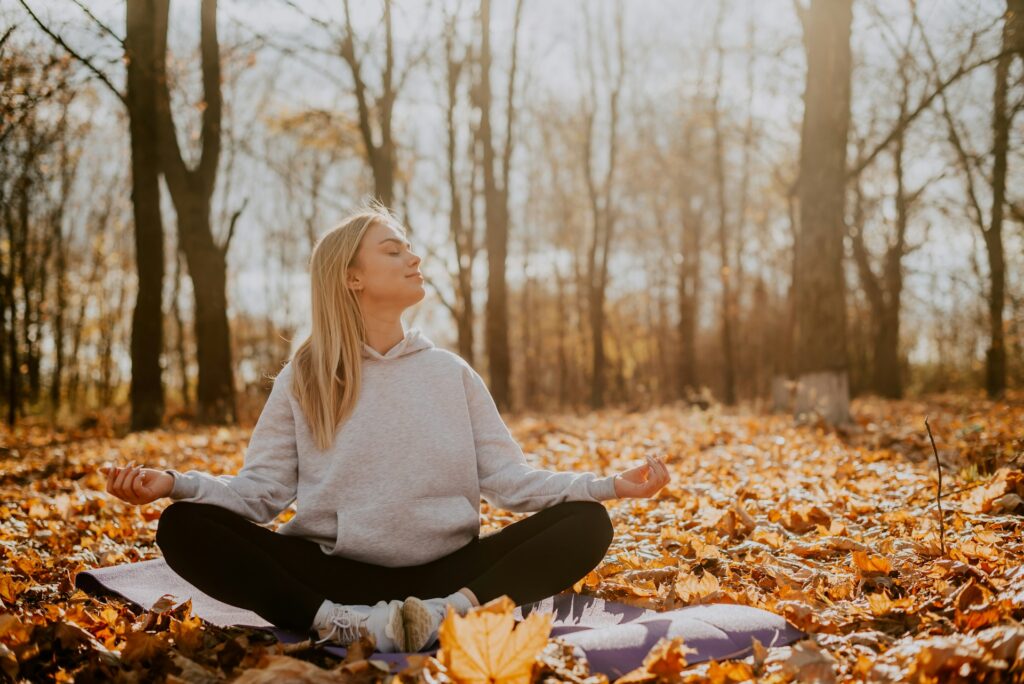
When you’re in your own bubble of loneliness, your world shrinks. Everything feels personal, heavy, and a bit hopeless. Gratitude helps zoom you out. It reminds you that life is still going on around you, and you’re still a part of it. Even just noticing the weather, or being thankful for music, or a moment of quiet, can nudge you back into that sense of being connected to something bigger. It doesn’t solve everything, but it gives you some perspective when you really need it.
7. It reduces the shame that comes with loneliness.
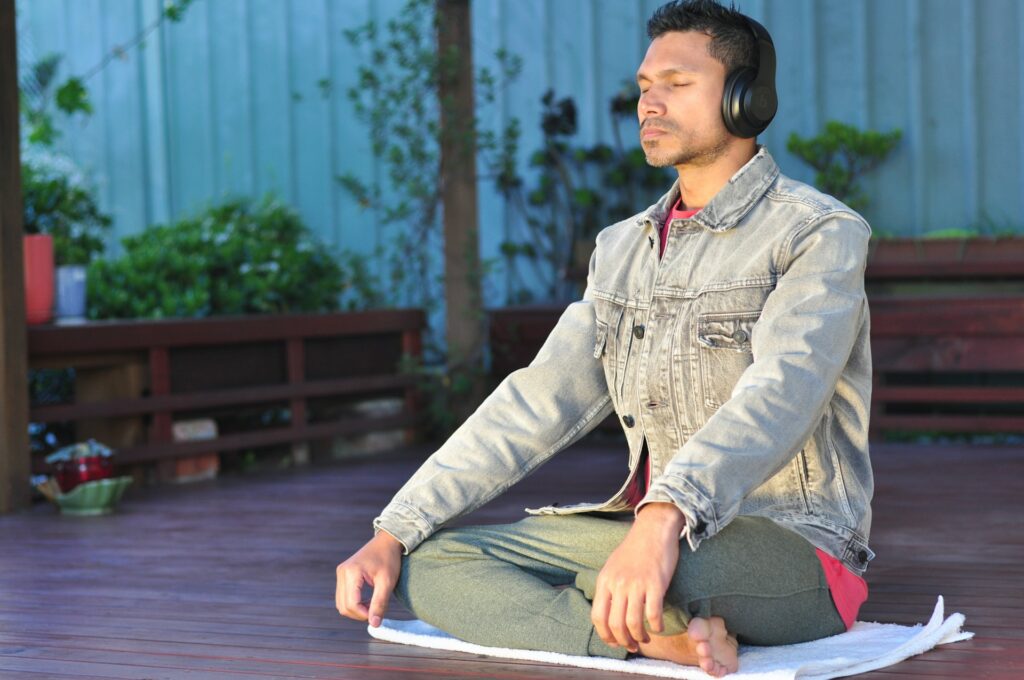
Feeling alone often carries this weird sense of embarrassment, like you’re doing life wrong or you’re somehow less lovable. Gratitude pulls your attention away from that narrative and puts it onto what’s steady, safe, or still available to you. That change helps break the cycle of self-blame. You stop viewing loneliness as a personal failure and start noticing that even when you feel low, you’re still worthy of comfort, care, and connection in lots of small ways.
8. It encourages you to reach out—without panic.
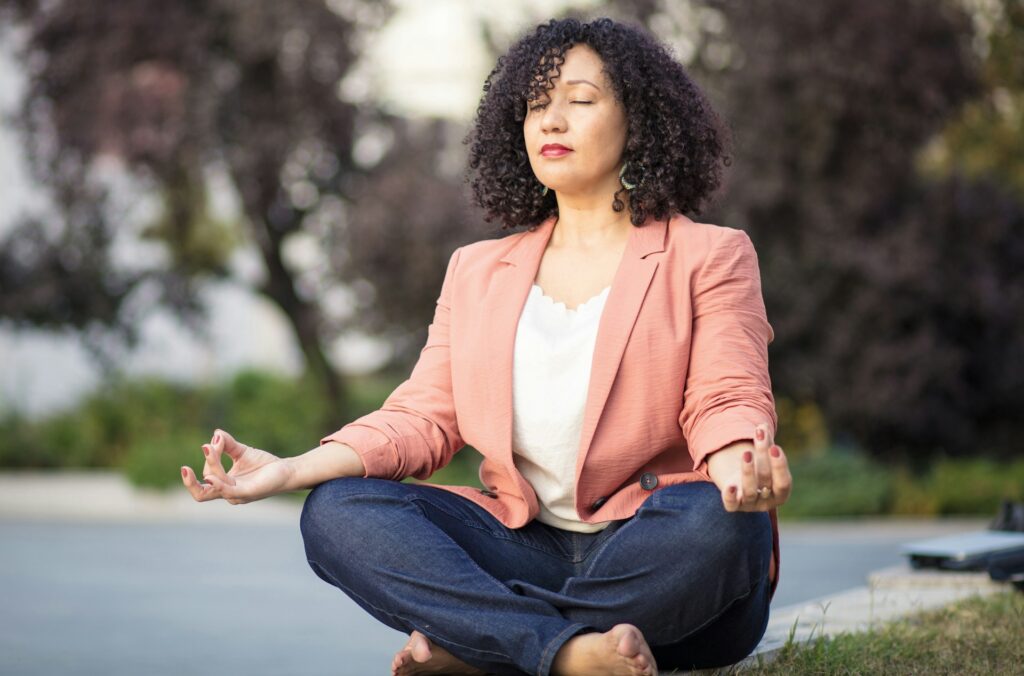
Gratitude often makes you think of people you’re thankful for, even if you haven’t spoken in a while. And sometimes, that’s enough of a nudge to reach out—not in a desperate way, but in a calm, genuine one. When that happens, the interaction feels less loaded. You’re not trying to fill a void—you’re just saying hi, checking in, showing appreciation. And that often gets a warmer response than you’d expect, which helps remind you that you’re not as alone as your brain told you.
9. It helps you notice support you’ve been ignoring.

When you’re in a bad place, it’s easy to overlook the people quietly supporting you—maybe they’re not saying the exact words you want, but they’re showing up in their own way. Gratitude helps shine a light on that. Whether it’s a co-worker covering for you, a friend sending memes, or a family member offering a lift somewhere, those small acts mean something. Gratitude helps you clock them before they disappear into the background noise of everything else you’re feeling.
10. It balances your perspective on the bad days.
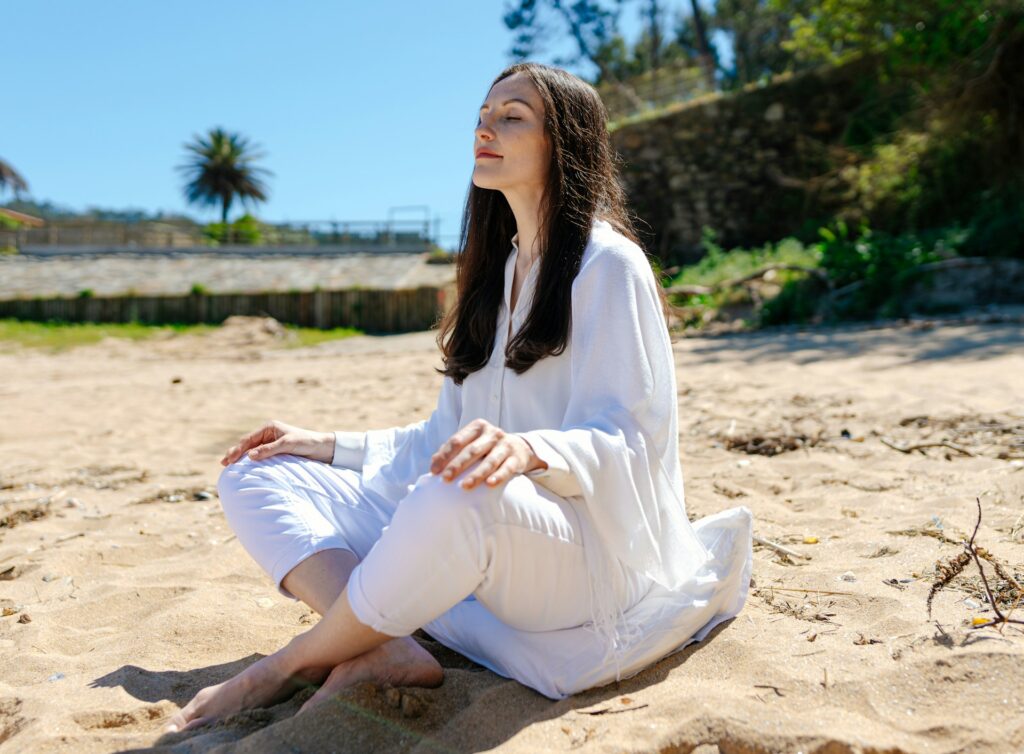
Not every day is going to be full of joy, but gratitude stops the bad ones from completely swallowing you. It lets you say, “Yeah, this sucks, but not everything sucks.” And sometimes, that’s enough to keep you going. You still acknowledge the loneliness or the stress, but you’re also holding space for something else to exist at the same time. That little bit of balance can keep you from falling into the “what’s the point” zone that loneliness often brings with it.
11. It strengthens emotional resilience.
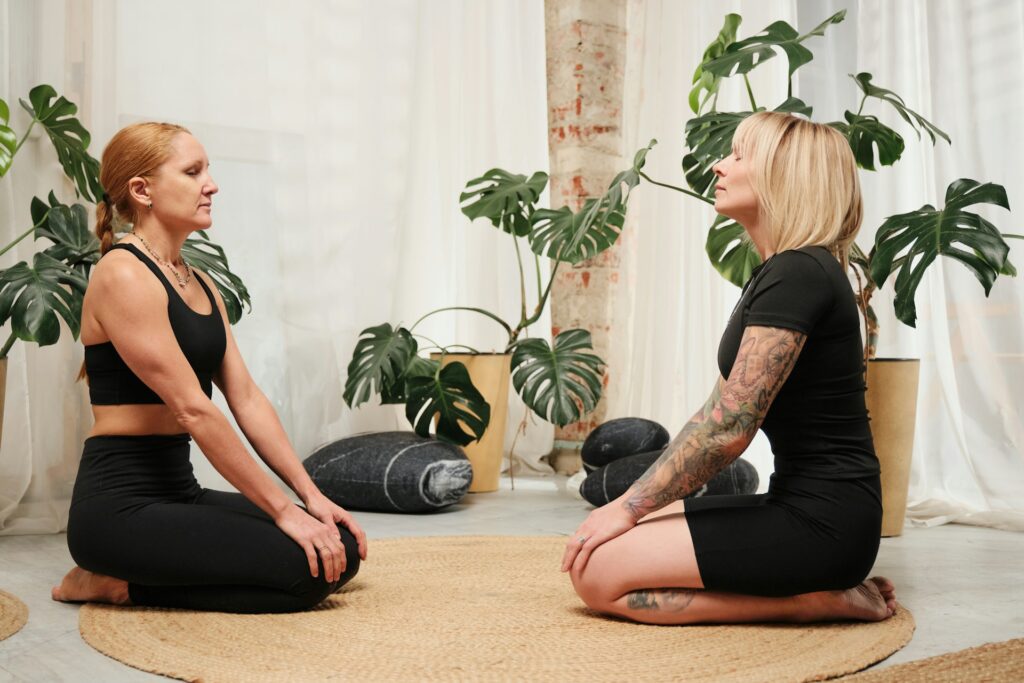
Gratitude helps you build emotional habits that don’t fall apart the second things get hard. You get used to finding steady ground even when things feel wobbly, and that makes it easier to deal with emotional lows like loneliness. It doesn’t mean you never feel isolated again, but you’re less likely to drown in it. Gratitude acts like an anchor. It keeps you connected to the parts of life that still matter, even when everything else feels a bit off.
12. It stops you from waiting for everything to be perfect.

A lot of people put gratitude off—waiting until they feel better, or life feels more sorted. Of course, the power of gratitude is that it works because things aren’t perfect. It’s not a reward, it’s a lifeline. That mindset helps with loneliness because it teaches you to notice connection wherever it shows up, not just in ideal moments. It reminds you that support, love, and meaning are still in reach, even on the lonelier days.
13. It helps create future connection, not just reflect on past ones.
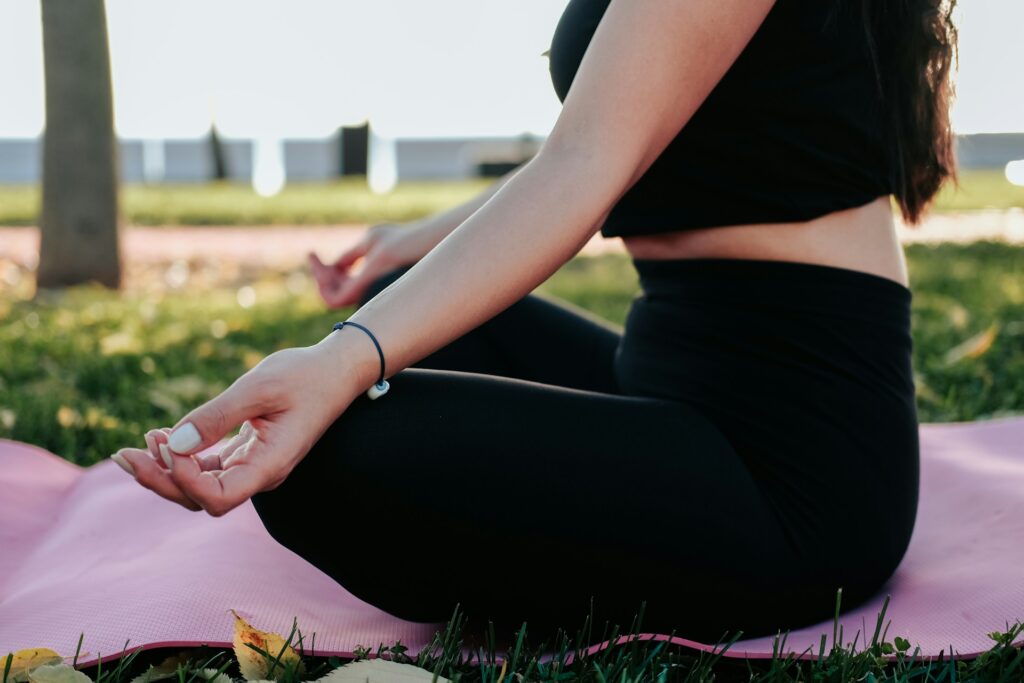
Gratitude doesn’t just make you think about what’s been good—it makes you more likely to act kindly, listen better, and show appreciation to other people. That kind of energy naturally pulls people toward you, even if it’s not intentional. When you’re grateful, you tend to show up in ways that feel warmer and more open. That builds new connections over time, which helps prevent future loneliness without needing a full social overhaul.
14. It reminds you that you’re still part of the human mess.
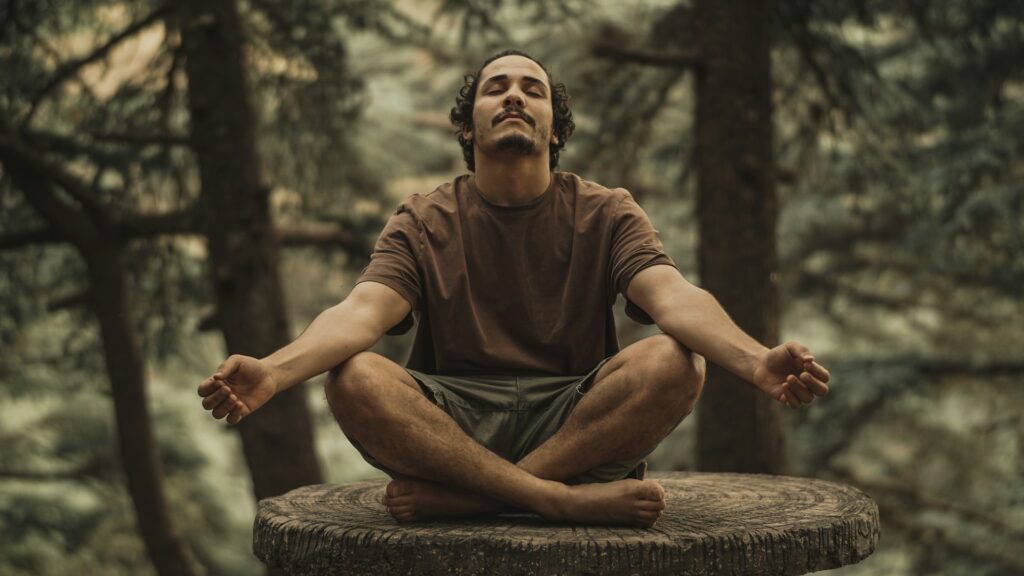
At the heart of it, gratitude reconnects you to the messiness of being human—where things are rarely perfect, emotions overlap, and connection shows up in strange, surprising ways. That reminder helps soften the sharp edges of isolation. You realise that feeling lonely doesn’t mean you’re broken. It means you’re human. Plus, gratitude helps keep the door open to other people, even when it feels like no one’s on the other side just yet.


